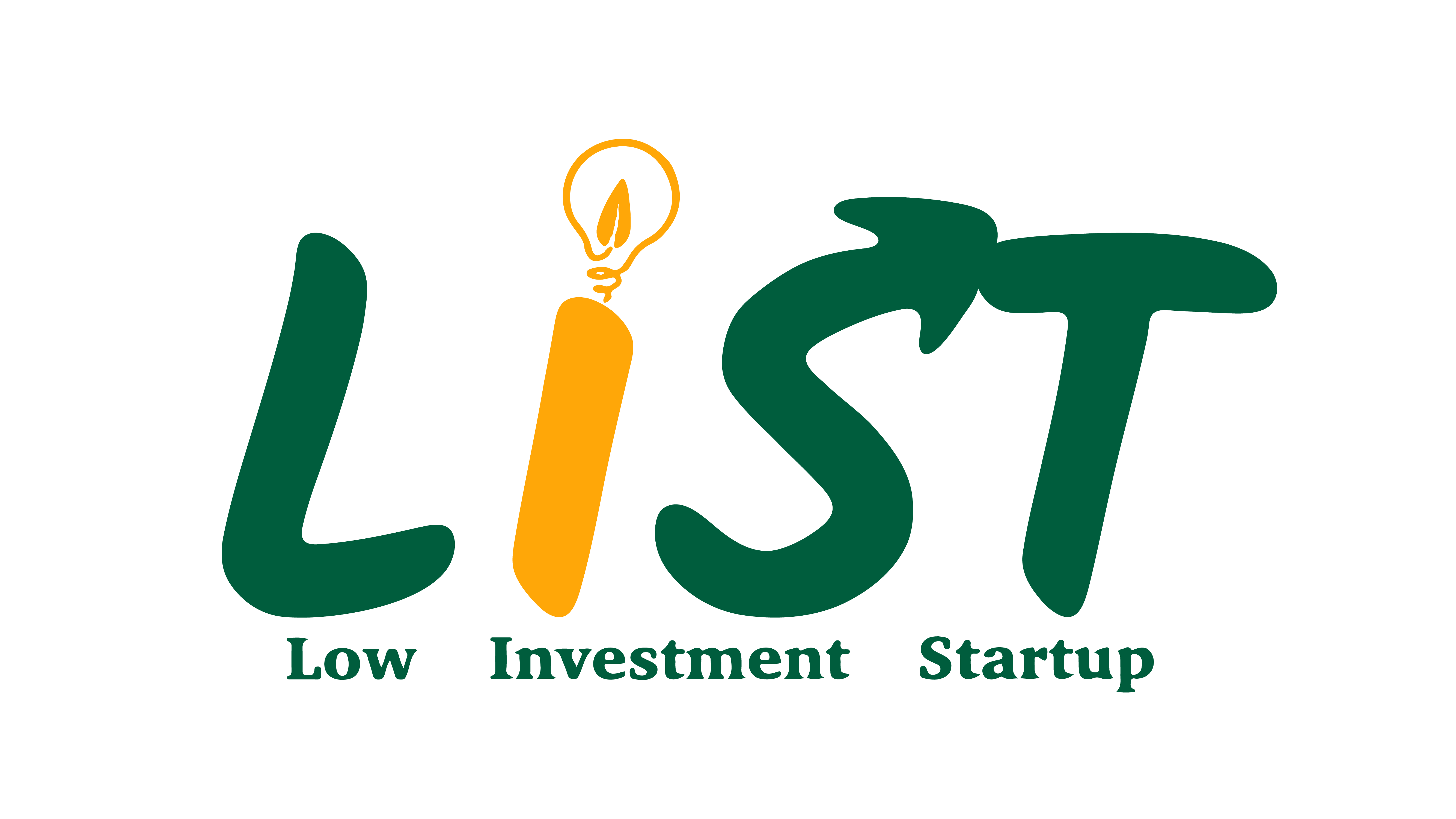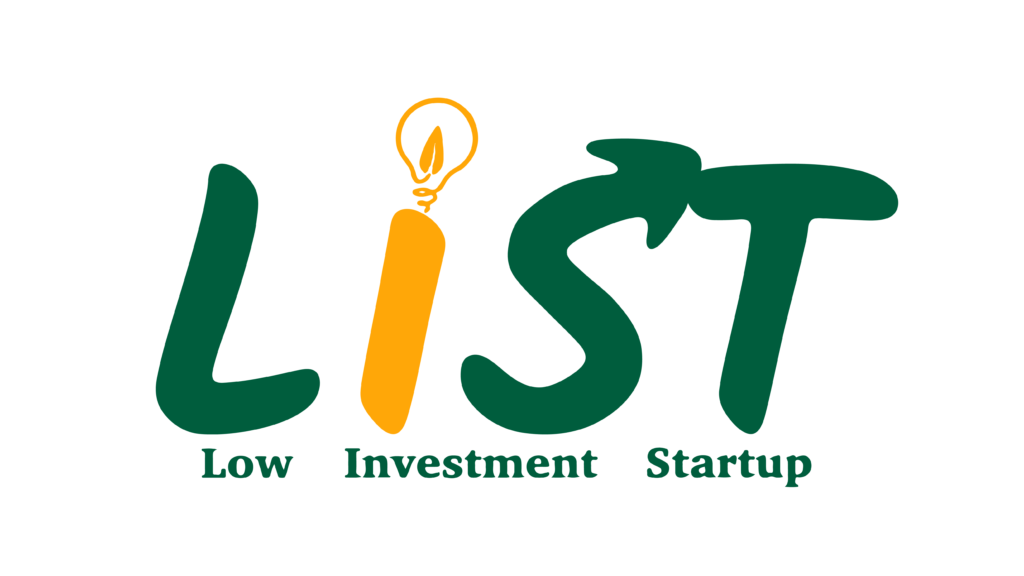Top Startup Funding Trends: Essential Insights for Low-Investment Entrepreneurs
The startup funding landscape is constantly evolving, and for low-investment entrepreneurs, staying updated on the latest trends is crucial. As we move into 2025, several key startup funding trends are emerging that can help you secure the capital needed for growth. This blog will explore these trends, from syndicate investments to decentralized finance (DeFi), and offer insights into how low-investment startups can leverage these trends for success.
Key Trends in Startup Funding
- Syndicate Investments and Angel Groups: Individual investors are increasingly pooling their resources and expertise to invest in startups through syndicate investments and angel groups. This trend allows investors to diversify their portfolios and share due diligence efforts, making it easier for startups to secure funding.
- Focus on Healthcare, Clean Energy, and Biotechnology: Venture capital is shifting its focus towards sectors that reflect societal priorities, such as healthcare, clean energy, and biotechnology. Investors are looking for startups that can make a positive impact on society while also generating returns.
- Decentralized Finance (DeFi): The DeFi sector is set to grow, offering alternative funding mechanisms through blockchain technology. DeFi platforms provide startups with access to a global pool of investors, making it easier to secure funding without traditional intermediaries.
- Crowdfunding: Crowdfunding platforms like Kickstarter and Indiegogo will continue to be popular, but there will be increased scrutiny to prevent scams. Startups will need to be transparent and provide detailed information to gain the trust of potential backers.
- Micro-Venture Capital Funds: These funds focus on early-stage startups and provide smaller investments that can be critical in the early growth stages. Micro-venture capital funds are becoming more common, offering startups the support they need to get off the ground.
- Revenue-Based Financing: Startups are exploring a wider range of funding sources, including revenue-based financing, convertible notes, and various hybrid financing models. These options provide flexibility and can be tailored to the specific needs of the startup.
Actionable Insights for Entrepreneurs
- Build a Strong Network: Networking is crucial for securing funding. Attend industry events, join startup communities, and connect with potential investors to build relationships that can lead to funding opportunities.
- Focus on Impact: Investors are increasingly interested in startups that can make a positive impact on society. Highlight the social and environmental benefits of your startup in your pitch to attract impact-focused investors.
- Be Transparent: Transparency is key to building trust with investors. Provide detailed information about your business model, financials, and growth plans to show that you are a reliable investment.
- Diversify Funding Sources: Don’t rely on a single funding source. Explore multiple options, such as venture capital, crowdfunding, and revenue-based financing, to increase your chances of securing funding.
- Stay Informed: Keep up with the latest trends and developments in the startup funding landscape. Stay informed about new funding mechanisms and investor preferences to adapt your funding strategy accordingly.
Building a sustainable and ethical business model is a continuous journey that requires dedication, innovation, and a commitment to making a positive impact. By integrating these practices, businesses can not only contribute to a better world but also ensure their long-term success and profitability.
To learn more about Low-Investment, High-Impact Startup Assistance, visit Listartup’s website at https://listartup.com/.





Can you be more specific about the content of your article? After reading it, I still have some doubts. Hope you can help me.
We’d love to clear up any doubts you have, feel free to share them!
Your article helped me a lot, is there any more related content? Thanks!
Thank you for your sharing. I am worried that I lack creative ideas. It is your article that makes me full of hope. Thank you. But, I have a question, can you help me?
Can you be more specific about the content of your article? After reading it, I still have some doubts. Hope you can help me.
Thanks for sharing. I read many of your blog posts, cool, your blog is very good.
Your article helped me a lot, is there any more related content? Thanks!
Thank you for your sharing. I am worried that I lack creative ideas. It is your article that makes me full of hope. Thank you. But, I have a question, can you help me?